
Linda Lee, owner of the Sewing Workshop pattern collection and fabrics and notions store, shares valuable tips for making pants that fit in Episode 38 of the Sewing With Threads podcast. The prolific author, pattern designer, and popular teacher packs loads of information that home sewers need for fitting pants into her discussion.
Free download
You’ll also want to check out the pdf download of Linda’s article “Self-Fit Your Pants,” Threads #175, Oct./Nov. 2014, which is sponsored by the Sewing Workshop.
Supplies for fitting pants
In the podcast with the Threads editors, Linda talks about her essential supplies for fitting. Then she lists which body measurements you must take to get the fit right, common pants-fitting problems, and what to look for when choosing a pants pattern.
Among her recommended must-have supplies for sewing pants are medical exam paper and a red pencil with eraser for marking, such as Sanford col-erase pencils in 20045 Carmine Red. Have a soft tape measure on hand, too, but be sure each end and both sides of the tape start with a 1-inch mark, Linda says. She explains why she is particular about the tape measure, red pencil, and the four other tools on her list.
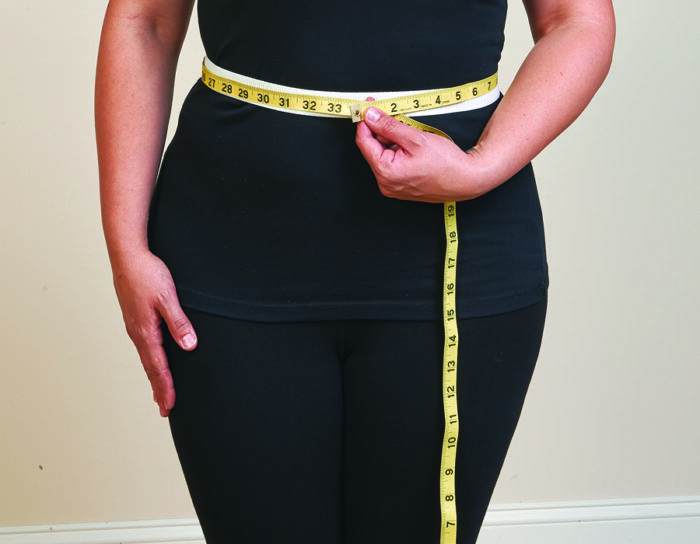
Take your measurements
Find out from Linda which five measurements you’ll need to create well-fitting pants, and learn which one you can’t be without when choosing the correct pattern size. Linda also notes the minimum ease she adds to a typical pants patterns for the greatest comfort.
Common pants-fitting problems for many home sewers are pants that are too tight across the back, and pants that are too low in the back but too high in the front.
“Waistlines can really be on an angle, and people don’t know how to raise the back and lower the front,” Linda says.
The solution to addressing this challenge starts with getting the correct pants crotch curve measurement, which Linda refers to as the stride measurement. Based on that and other important measurements, sew a test garment. Before adding the waistband to the muslin, try on the muslin. Put a length of elastic around your waist to mark on the muslin where the elastic sits on you, she says. “Sometimes it’s really a wonky shape, but that’s OK. That’s what you are.”
More from Linda
Linda, a self-taught sewer, also discusses how fabric type and pants style affects fit. She wrote an article for Threads on the concept of fabric drape: “Get the Skinny on Pants Fabric” Threads #131, June/July 2007.
Watch or listen to the entire podcast for more of Linda’s pants-fitting guidance.
Have you ever wished that you could have a sewing expert on hand to help you with your questions? Now you can. Sew Confident! Series 10 brings expert Linda Lee to you through online classes and monthly live Q&A sessions. Join Linda as she sews a new garment each month. She’ll walk you through the process, sharing her signature techniques for creating professional-looking garments. Each project will feature tips and tricks for working with different fabrics, everything from cotton shirting to jersey knits to silk. Head over to Sewing Workshop.com to sign up for the Sew Confident! series and shop their full garment pattern collection, as well as their curated selection of fashion fabrics and notions.
We have created a podcast survey to help guide our content. Please take a moment to answer a few questions.














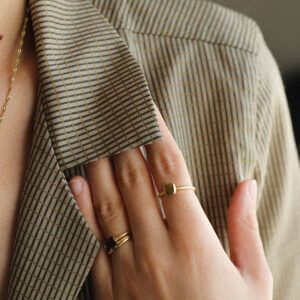
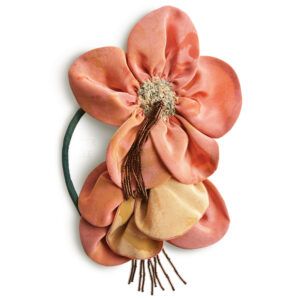
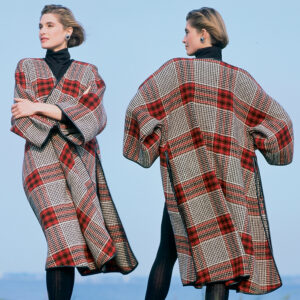
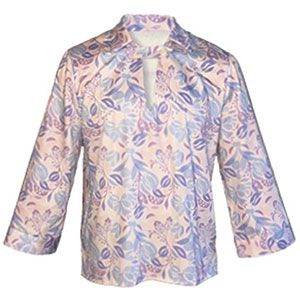
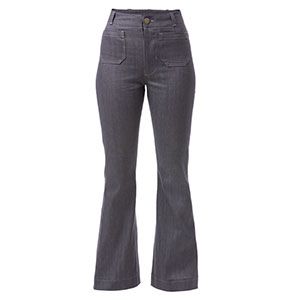
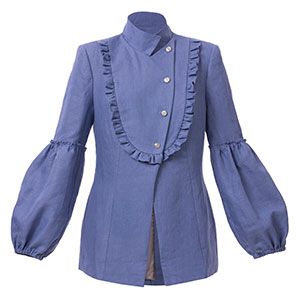
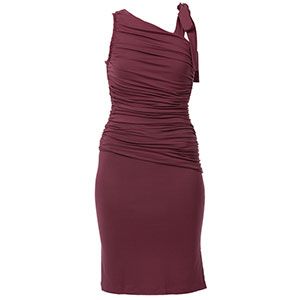
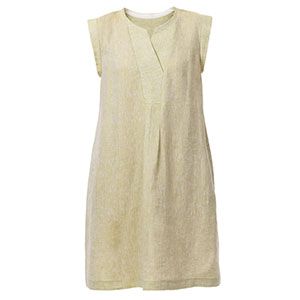
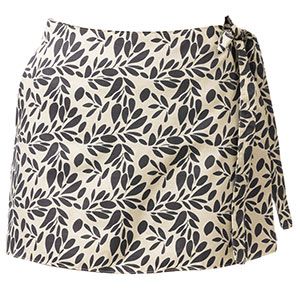
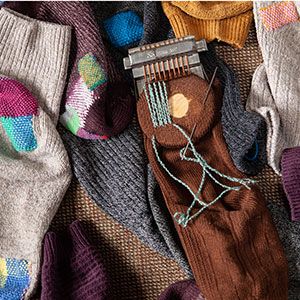
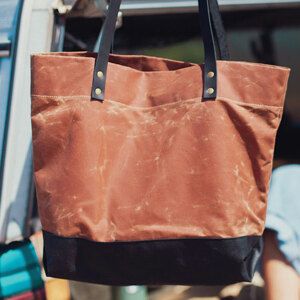
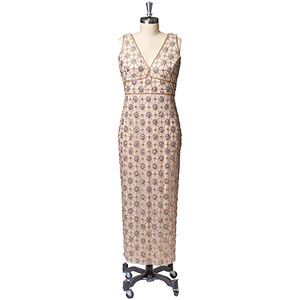
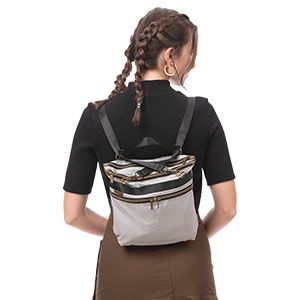
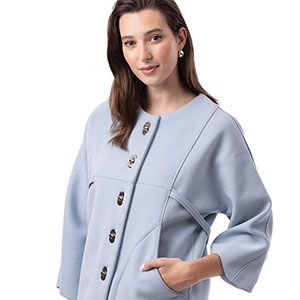
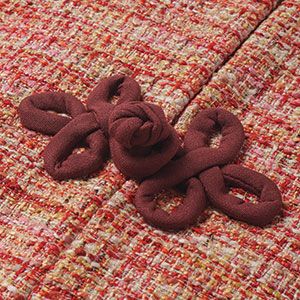








Log in or create an account to post a comment.
Sign up Log in